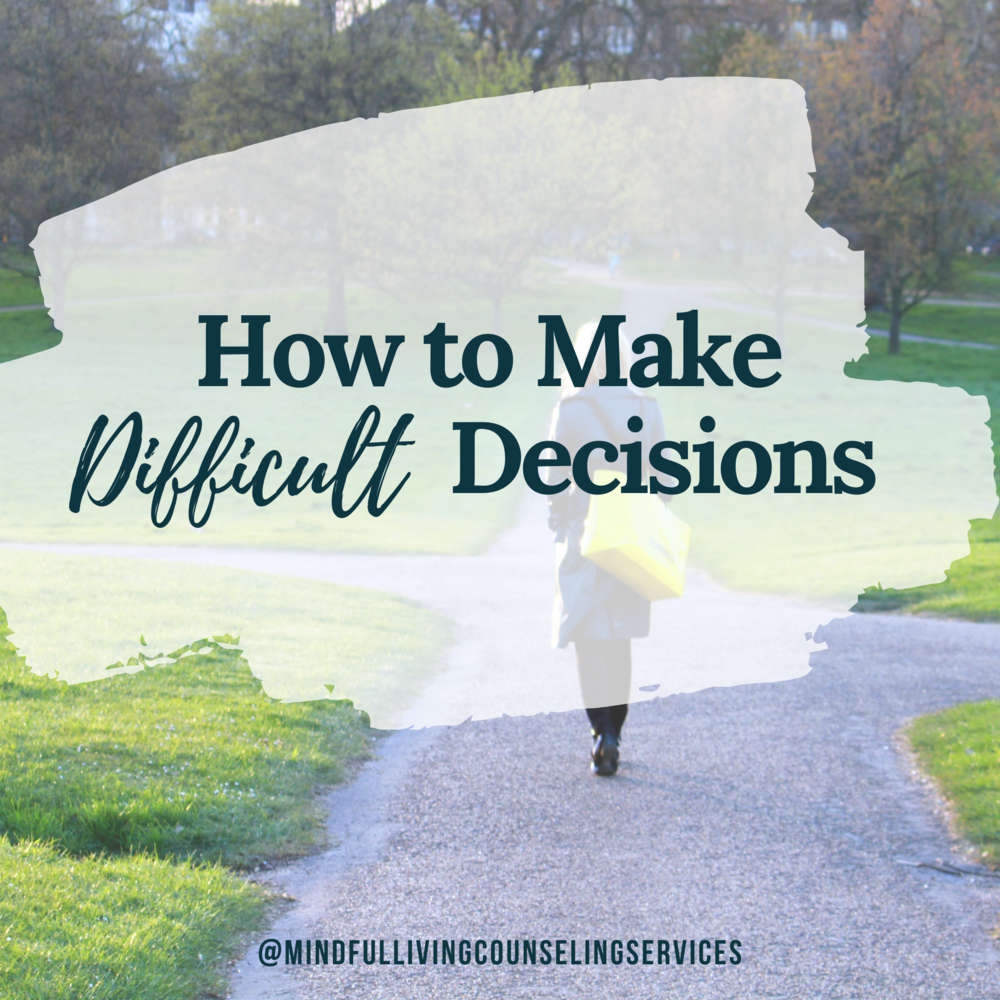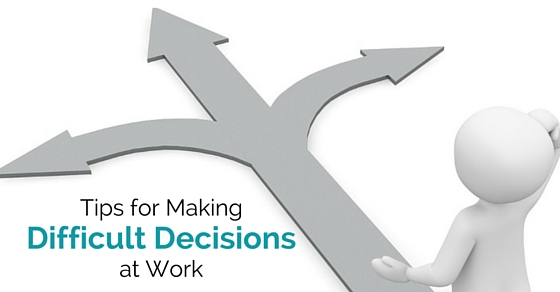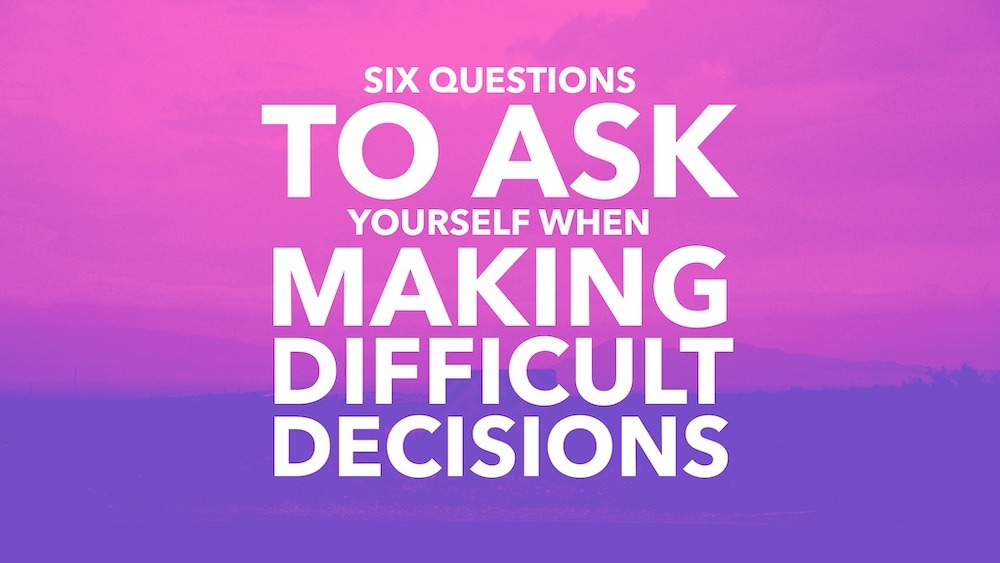How To Help Someone Make A Difficult Decision

The weight of a difficult decision can feel crushing. Individuals facing such crossroads often experience anxiety, sleepless nights, and a sense of paralysis. The challenge lies not only in assessing the options but also in navigating the emotional turmoil that accompanies high-stakes choices.
Helping someone through this process requires empathy, patience, and a strategic approach. This article will explore practical strategies for supporting a loved one, friend, or colleague grappling with a major decision, drawing on expert advice and psychological insights.
Understanding the Decision-Making Process
Before offering advice, it's crucial to understand the individual's perspective. What are their values? What are their fears? Knowing this will help you tailor your support effectively.
According to research from the American Psychological Association (APA), individuals often struggle with decisions due to cognitive biases and emotional reasoning. These can cloud judgment and lead to suboptimal choices.
Active Listening: The Foundation of Support
The most valuable thing you can offer is a listening ear. Encourage the person to talk openly about their options, fears, and hopes.
Avoid interrupting or offering unsolicited advice. Active listening involves paraphrasing, reflecting on their emotions, and asking clarifying questions to ensure you fully understand their perspective.
Guiding, Not Dictating
The goal is to empower the individual to make their own informed decision, not to impose your own beliefs. Avoid phrases like "You should..." or "If I were you...".
Instead, ask open-ended questions that encourage critical thinking. For example: "What are the potential consequences of each option?" or "What are your non-negotiables in this situation?".
Practical Strategies for Decision Support
Once you understand the situation, you can offer more targeted assistance. This might involve helping them gather information, evaluate risks and benefits, or manage their emotions.
The National Institute of Mental Health (NIMH) suggests that breaking down a complex decision into smaller, more manageable steps can reduce feelings of overwhelm and improve clarity.
Information Gathering and Analysis
Assist the person in gathering relevant information about their options. This could involve researching online, consulting with experts, or speaking to people who have faced similar decisions.
Help them create a pros and cons list for each option, weighing the potential benefits against the risks. Encourage them to quantify the factors as much as possible.
Emotional Regulation Techniques
Difficult decisions often trigger anxiety and stress. Encourage the person to practice relaxation techniques such as deep breathing, meditation, or mindfulness.
Exercise is also a powerful stress reliever. According to a study published in the Journal of Clinical Psychology, regular physical activity can significantly reduce symptoms of anxiety and depression.
Seeking Professional Help
If the person is struggling to cope with the decision, consider suggesting they seek professional help from a therapist or counselor.
A mental health professional can provide a safe space for them to explore their emotions, challenge negative thought patterns, and develop effective coping strategies. Cognitive Behavioral Therapy (CBT) is often effective in managing anxiety related to decision-making.
Long-Term Support and Follow-Up
Your support shouldn't end once the decision is made. Continue to offer encouragement and understanding, regardless of the outcome.
Remind the person that they did their best with the information they had at the time. Help them focus on moving forward and learning from the experience.
Even if the decision leads to unexpected challenges, your continued support can help the person navigate the difficulties and build resilience for future challenges. Remember that the value lies in the process and supporting the individual's well-being above the 'right' outcome.


















